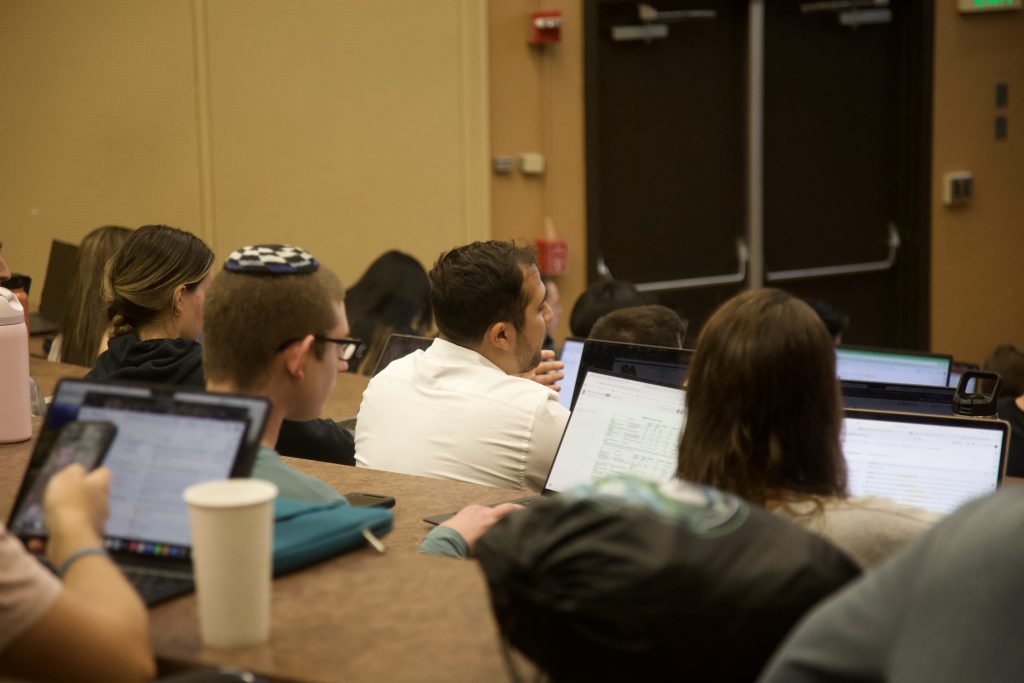The Student Association Judicial Board, in two decisions made public on Monday afternoon, struck down several clauses in two pieces of legislation passed during the Oct. 8 SA Congress meeting.
“The Judicial Board did not take into consideration any personal beliefs or prejudices while
conducting this review,” a clause at the bottom of each opinion read. “This review is based solely on past precedent and governing documents including the Student Association’s Constitution and Management Policies.”
At the Oct. 8 meeting, the body voted to rescind last semester’s Boycott, Divestment, Sanctions resolutions and passed five of six newly introduced pieces of legislation. About a week later, the SA E-Board vetoed two of the resolutions.
In Resolution 3, which commemorated the Oct. 7 attack in Israel and condemned Hamas, the J-Board struck down the second resolved clause, which encouraged members of the campus community to “attend and support the commemorative events organized by Jewish student organizations.” The decision held it in violation of the nondiscrimination clause in the SA Constitution, saying that by encouraging attendance and support for events hosted by Jewish organizations, it demonstrated a preference for these organizations.
In Resolution 7, which passed in a 20-3 vote with six abstensions, the J-Board struck down five clauses. Clauses five, six and seven, which established requirements before any future divestment resolution could be considered, were deemed in violation of the SA Constitution’s Free Speech clause and a principle that the SA must be “viewpoint-neutral” when making regulatory or financial decisions.
The eighth resolved clause prohibited the SA Congress from considering future BDS resolutions for the remainder of the academic year.
“Since these viewpoints are constitutionally protected, the Student Association may not prohibit SA Congress representatives from introducing legislation that pertains to those viewpoints,” the decision read.
The 10th clause urged University administrators to expand partnerships with Israeli institutions. The J-Board held that it conveyed preference on the basis of nationality, a violation of the nondiscrimination clause.
“The Judicial Board diligently reviewed the documents, and evoking this 10-semester class day provision, we wanted to ensure that our decisions were coherent and founded within the governing documents, causing this process to take almost all of the full 10 semester class days,” J-Board wrote to Pipe Dream. “We reaffirm that our decision was impartial to personal beliefs on this matter, and the decision was based solely on the Student Association’s governing documents and past precedent.”
This is a breaking story, and it will be updated.



